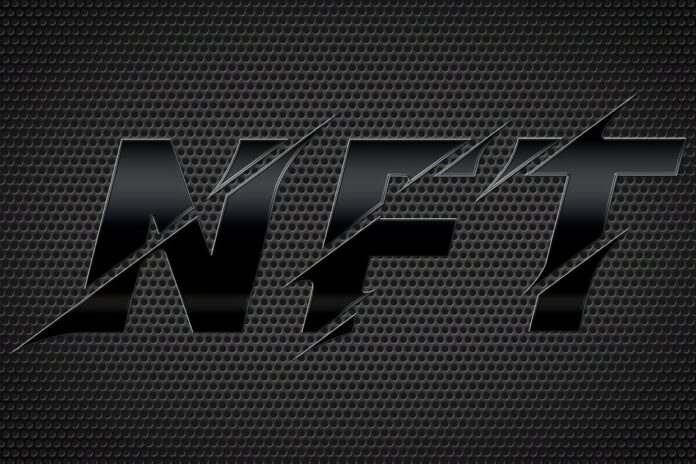In a recent development, two members of the US Securities and Exchange Commission (SEC), Commissioners Mark Uyeda and Hester Peirce, dissented against an enforcement action regarding non-fungible tokens (NFTs): SEC regulation is not limited to the crypto world.
This article delves into the matter, highlighting the technicalities of the case and the implications for the NFT landscape.
Summary
The case at hand: the SEC’s regulation of NFTs, not just crypto
The SEC‘s action targeted Impact Theory, a relatively obscure entity, for its launch of NFTs that made about $30 million.
The commission alleged that the NFTs issued by Impact Theory were unregistered securities, thus necessitating regulatory action. However, Commissioners Uyeda and Peirce opposed this approach.
The Howey test and dissenting opinions
Both Uyeda and Peirce invoked the well-established Howey test, a cornerstone for determining whether an asset qualifies as a security. They argued that the NFT sales under consideration did not meet the criteria established by the Howey test.
In addition, they stressed the unprecedented nature of this enforcement action, which marks the first case of SEC intervention in matters involving NFT issuers.
As a result of the SEC action, Impact Theory was subjected to a $6.1 million penalty. In addition, the company was asked to cease and desist from its current NFT-related business practices.
The focal point of the SEC’s concerns was the company’s alleged encouragement to investors to perceive the acquisition of Founder’s Key NFTs as an investment, which required regulatory intervention.
The views of the dissenting commissioners
Commissioners Peirce and Uyeda emphasized individual financial autonomy, supporting the freedom of American adults to manage their finances as they see fit.
While acknowledging the SEC’s point of view, they contrasted the regulatory approach to similar scenarios involving the sale of tangible items, such as watches, paintings or collectibles, accompanied by broad promises of brand enhancement and increased resale value.
Balancing investor protection and jurisdictional limits
While acknowledging the legitimate concern raised by the SEC about the potential lack of transparency for NFT buyers, both dissenting commissioners argued that this issue is not a sufficient basis for the SEC’s jurisdictional involvement.
The difference of opinion stems from the balance between safeguarding investors and maintaining the limits of regulatory power.
The SEC after crypto: questions raised and technical considerations on NFT regulation
Peirce and Uyeda pose a number of complex questions that pivot to the broader NFT landscape.
In particular, they point out that NFTs encompass a diverse range of use cases that diverge from the conventional single-use asset class.
This divergence underscores the need for new SEC classifications that indicate how securities regulations apply to different NFT offerings and sales.
Conclusions
Commissioners Mark Uyeda and Hester Peirce’s dissenting position on the SEC’s recent enforcement action against NFTs reflects the intricate interplay between regulatory oversight and the evolving digital asset landscape.
Their technical analysis, anchored by the Howey test, challenges the claim that the NFTs in question qualify as securities.
Their view emphasizes the need for precise categorizations in an evolving ecosystem, while striking a delicate balance between investor protection and the need to avoid overregulation.
This case represents a crucial point in defining the future of NFT regulation and underscores the critical importance of defining regulatory parameters that align with the technological complexities of blockchain, crypto, and web3.


